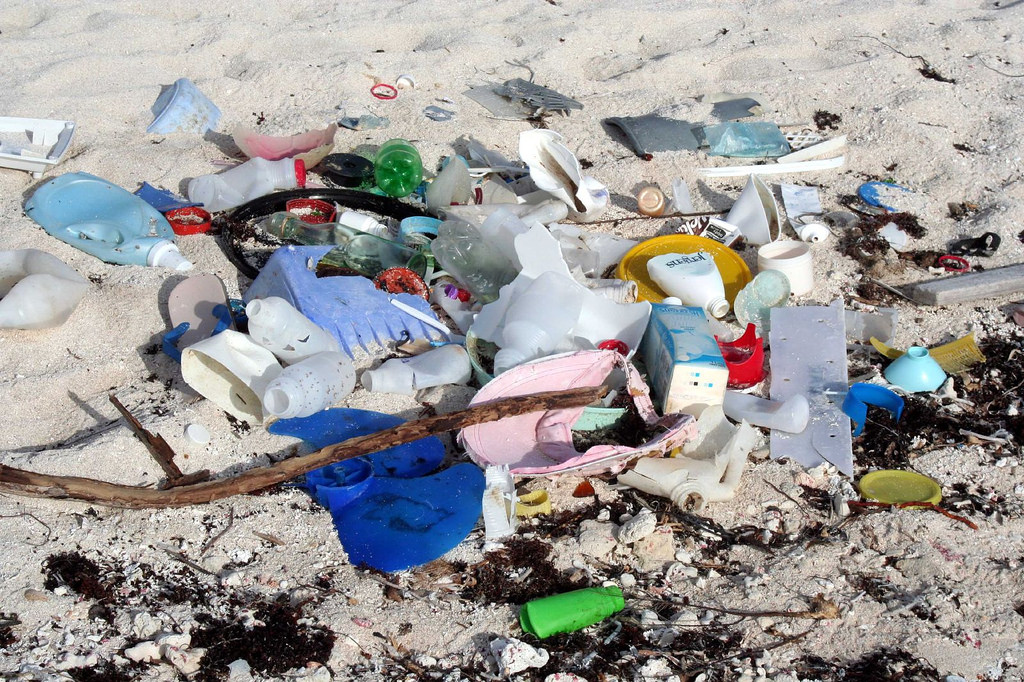
A UN report that concludes a million species are threatened with extinction and that “fundamental, structural change” is required to halt a steep decline in the natural environment has lessons for Canada, says one of its authors.
“The current fight that we’re having between provinces and the feds around oilsands, pipelines, climate change and local environmental impacts … is not actually a fight that we should be having,” said Kai Chan, a University of British Columbia professor, who helped write the report from the International Panel on Biodiversity and Ecosystem Services.
That report was released Monday after a three-year effort by hundreds of scientists from 50 countries.
“The fact that we are faced with such a stark choice is actually the product of a broken 20th-century economy that’s not fit for purpose in the 21st century.”
The UN report is full of scary numbers compiled from more than 15,000 papers.
It says the current extinction rate is tens to hundreds of times higher than the 10-million-year average. Ocean plastic pollution has increased tenfold since 1990, affecting nearly half of all seabird and marine mammals.
Since 1970, human population has doubled and the global economy increased four times, which has driven up energy demand and consumption. Climate change is now the third-largest driver of environmental change around the globe.
There are plenty of Canadian examples, said Chan.
Southern resident killer whales off the British Columbia coast are vanishing, as are some caribou herds. Melting Arctic permafrost could release huge amounts of greenhouse gases.
Just as worrisome is the declining ability of the environment to clean water, mitigate floods, nourish crops and sustain fisheries.
The report concludes 14 out of 18 ways in which human communities depend on the environment are declining.
“We now understand the magnitude of the challenge,” said federal Environment Minister Catherine McKenna said from a G7 environment ministers meeting in France.
Canadians believe their country is much more environmentally conscious than it is, Chan said. University studies using international standards consistently rank Canada near the bottom of wealthy industrialized nations for environmental policy.
“Our institutions don’t generally do a good job of thinking about the long term — neither our political institutions, nor our businesses,” Chan said.
McKenna defended the government’s support for resource development infrastructure such as the Trans Mountain pipeline expansion.
“It will not go ahead unless it’s done in the right way,” she said.
Proposed legislation to overhaul environmental assessments would ensure good projects can proceed without harming nature or climate, she said.
The UN report offers policy solutions including an end to production subsidies, widening the circle of economic decision-making, preventative action and tougher legislation.
Those are all useful, said Scott McFatridge of the Smart Prosperity Institute. So is the report’s focus on moving past narrow economic measures such as gross domestic product.
“We recognize that GDP is important, but we want to move to new frameworks that take a more holistic picture,” he said. “We’re very much in agreement with the report on that.”
He also supports its call for working landscapes that include farming, mining and aquaculture but still leave space for nature.
Dan Kraus, biologist for the Nature Conservancy of Canada, said the report does a good job summing up recent science on how the benefits provided by nature are deteriorating. He echoed its call for new thinking.
“We need to understand that the environment is the foundation of our economy and our well-being. When we start pulling cards out, that affects everything else and we need to be increasingly cautious about which cards we’re pulling.”
Federal Conservative environment critic Ed Fast declined to comment.
Chan points to global environmental success stories — from the resurgent peregrine falcon to the end of widescale acid rain.
“Yes, nature is declining,” he said. “Yes, there is something we can do about it.”
What we really need, he said, is to think differently.
“We need to think seriously about the structure of our economy.”